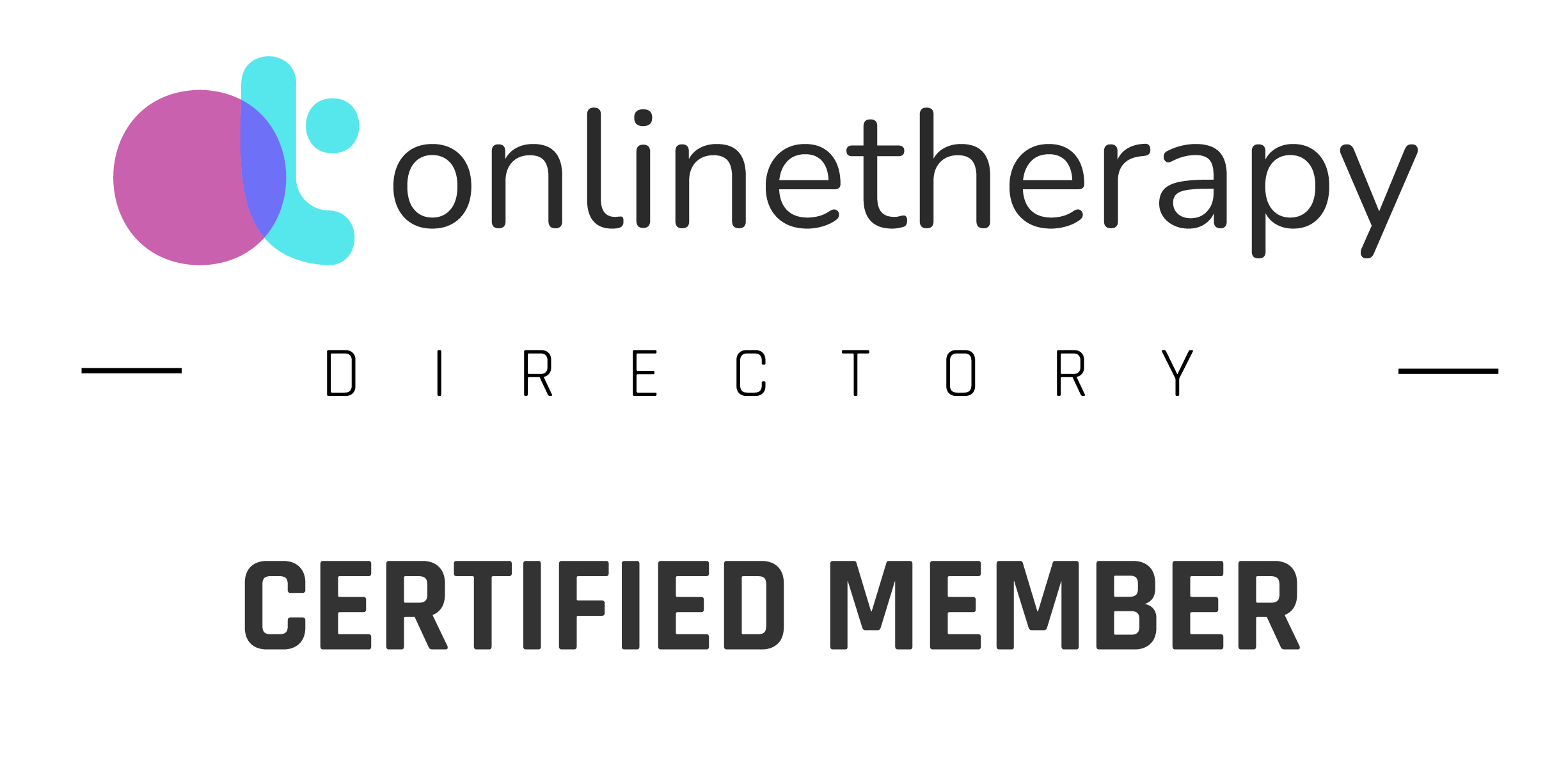Certain concepts and issues in human psychology change, reflecting evolving societal norms and understanding. “Mommy issues” is one such thread whose origins and implications are complex. In this blog, we will learn about the surface-level stereotypes and the intricacies between motherhood, childhood, and our adult relationships and selves.
Historical Context: From Ancient Roots to Modern Times
The link between an individual and their mother has been a topic of fascination and scrutiny for centuries. Historically, the mother figure has been considered the primary caregiver, the moral compass, and the embodiment of sacrifice and love. However, the term “mommy issues” is a relatively modern colloquialism that encapsulates many psychological complexities.
Origins of the Term
The phrase “mommy issues” is often associated with the development of a term coined in the United States during the early 20th century. The psychodynamic and psychoanalytic schools of thought showed that early relationships, especially with the mother, influenced a person’s development. This change in viewpoint resulted in the term used to describe a combination of thoughts, actions, and emotions. These are caused by unresolved childhood issues, which are typically connected to the mother.
Evolution of Its Meaning
Over time, the meaning of “mommy issues” has expanded beyond the confines of Freudian psychoanalysis to encompass a broader range of experiences. Originally, it was about struggles from early mother experiences. Now, it means challenges that affect all parts of life, like self-esteem, relationships, success, and mental health.
According to Medical News Today, the term refers to difficulties in establishing or sustaining healthy adult relationships stemming from an individual’s insecurity. Also, it can be an unhealthy connection with their mother or another female figure during their early years.
Psychological Underpinnings: Attachment and the Maternal Bond
To have “mommy issues” is to experience a ripple effect from your early relationship with your mother that extends into your adult life, influencing you as a human being. There are psychological frameworks that help us understand the depth of this influence.

Attachment Theory and Maternal Relationships
John Bowlby’s pioneering work on attachment theory mentioned that a child forms a strong emotional bond with their primary caregiver, forming a prototype for all other relationships. A secure attachment leads to emotional regulation and the forming of healthy connections. Conversely, an insecure attachment may result in difficulties with trust and intimacy.
Impact on Adult Behavior and Relationships
When early bonds are insecure or disrupted, the repercussions can be profound. Individuals with unresolved maternal issues might exhibit clinginess in relationships, an inability to rely on others, or difficulty setting boundaries. These behaviors can spill over into the workplace, with implications for leadership, collaboration, and conflict resolution.
Common Symptoms and Behaviors: Recognizing Mommy Issues
To have “mommy issues” is not a diagnosis but a set of signs and symptoms that can have a significant impact on one’s life. Often, these are portrayed in various forms of media and literature.
Examples in Popular Culture
Books and movies often explore complex mother-daughter relationships, allowing us to understand and connect with these experiences. These portrayals allow us to gain insights and relate to the challenges faced in these relationships.
Characters like Hamlet and Norman Bates have become archetypes for exploring extreme responses to maternal trauma. At the same time, numerous celebrities and public figures have openly discussed their own experiences with maternal relationships and their lasting impact.

Recognizing Signs in Oneself or Others
Recognition is the first step towards understanding and healing. Signs of maternal issues might manifest as persistent feelings of inadequacy, fear of abandonment, controlling behaviors in relationships, or an aversion to close emotional connections. Reflecting on one’s past and relationships with family and friends may lead to a greater awareness of these patterns.
Gender Dynamics: Mommy Issues in Men and Women
Mommy issues are not exclusive to a particular gender, but societal perceptions often shape how these issues are discussed and experienced by men and women.
Prevalence and Expression Among Men
While the term has been somewhat stigmatized, its prevalence and impact on men are quite significant. Men may express their maternal issues in distinct ways compared to women. These ways include aggression, avoiding emotional intimacy, and unconsciously seeking a motherly figure in their relationships.
Societal Perceptions and Stereotypes
Gender expectations can make mother-child relationships more complicated. Men and women feel different pressures and norms regarding showing love and needing their mothers. Misconceptions are that mommy issues in women are more frequent and can lead to a lack of understanding and support for those men who struggle with maternal relationships.
Psychological Effects: The Ripple Through Adulthood
The long-term effects of maternal relationships are not isolated to the mother-child dyad but can influence the overall psychological wellness of an adult.
Emotional Repercussions
Emotions tied to faulty maternal relationships can be intense and complex. The sense of loss, the longing for an idealized mother, and the need for emotional support can persist well into adulthood. Unresolved issues may lead to chronic depressive states, anxiety, or difficulties with regulating emotions.
Potential Mental Health Implications
The correlation between maternal issues and mental health is not one of direct causality but rather one of influence. Individuals with significant maternal trauma are at a higher risk for developing mental health disorders, particularly personality disorders, depression, and anxiety. However, not every person with a challenging maternal relationship will develop a psychological disturbance, and recovery and healing are always possible.
Coping Strategies and Treatment: Paths to Understanding and Healing
Understanding the role of maternal relationships and their impact on adult life can be the first step toward self-discovery and healing. There are various strategies and avenues for addressing these issues.

Seeking Professional Help
Therapy is a pivotal place for healing the wounds of the past. Talking to a trained professional can help people understand their relationships with their mothers better. It’s a safe and supportive space to explore how certain patterns and triggers impact their lives.
Self-Awareness and Self-Care Practices
Mindfulness, self-compassion, and self-reflection can be empowering tools on the journey to heal maternal issues. By incorporating practices that facilitate a deeper connection with oneself and one’s history, individuals can gradually dismantle the barriers erected due to past maternal relationships.
Start Your Healing Process
Maternal relationships form the cornerstone of the human experience, and their impacts can be far-reaching. We appreciate the human psyche’s fragility and resilience as we unravel the “mommy issues” concept. We all carry remnants of our early bonds within us, and understanding and confronting them means we can achieve greater personal freedom and well-being.
At Mind and Body Counseling Associates, our therapists specialize in individual therapy, helping individuals find healing and growth. Contact us today to learn how we can support your journey towards greater emotional well-being.


